Democracy is the power of equal votes for unequal minds – Charles 1 of England.
Reflecting on the words of Jimmy Carter, a former President of United State of America, America is no longer the only nation that has no functioning democracy. It is the rest of the world. Following the lies that were perpetuated before and after the last American Presidential election that produced President Donald Trump, the turmoil before and after the Brexit vote, the revolt in Zimbabwe, Egypt, Spain and other places, it is clear that the world is increasingly guided by malfunctioning and divisive religion and democracy. Using the words of Charles 1 of England, the democracy that is functional and supposed to be ‘the power of equal votes for unequal minds,’ is now in many nations the power of the equal votes for equal mind.
The role of religion in democracy as in conflict and peace building is seen ‘as a source either of violence or of reconciliation.’ Let us note that religion ‘should be understood as a fluid system of variables, contingent upon a large number of contextual and historical factors.’ Religion is not a static or isolated entity, hence, its interaction and operations with democracy as an aspect of human experience at the global, institutional, group (Conservative, Labour, or evangelical) and individual level points to its potential roles. The injection of religion into democracy, especially in Nigeria with the coming of the missionary can be seen in the emergence of ethnic groups and militia groups. This development is inspired by religion that reject compromise on the basis of religious reasoning and often promote violence, racism, divisions, and corruption to achieve their goals. In Nigeria, there are three major categories of religious mendacity, namely, ‘in Christianity, Islam and traditional idol worship all of them thriving on a dense, spiritual eclecticism. Whether as pastors, alfas or juju priests, they all distil components of a religious culture permeating a social milieu with its compromised essence.’
Noble laureate, Wole Soyinka’s play, The Trial of Brother Jero ‘address the chicanery that bestrides our contemporary … world.’ According to Promise Adiele, ‘the Trial of Brother Jero unveils the dissimulation and sanctimony that resides in the hearts of those who embrace religion as a trade. The play symbolically re-enacts the superficial and self-gratifying attitude of those, who out of greed and ravenous craving for materialism dabble into religious domain with deceit and canard in their hearts. The dubious among us, capitalizing on the desperation of the populace for solutions to their exacerbated conditions, establish churches to deceive the unsuspecting, miracle-seeker who naively subscribe to the supernatural highway as a place of magic and arbitrariness.’ Nigeria’s political narrative suggests religion as a means of getting rich quick and democracy as a measure to accumulate wealth and deplete national common wealth. The aftermath of President Goodluck Jonathan PDP government attests to this in relation to the ongoing issues of Dasukigate and Dezianigate. The 2019 presidential election, for example with the Lagos State actual vote cast of less than 1 million out of over 6 million register voters points to the challenge of religion and democracy in a divided and corrupt world.
Nigeria, a clearly established polity with internationally recognised sovereignty is hampered in its religion and democratic development by division, endemic corruption, retrograde political cycles, and aggression by its powerful ethnicity. In the words of H L Mencken in one of his works, Introduction to The Antichrist, the Nigeria is going through politics, under the religion and ‘democracy that has reduce itself to a mere struggle for office by flatterers of the proletaria.’ The 2019 Presidential election in Nigeria provides a good opportunity to reflect especially on the church and democracy in a divided and corrupt nation. The church is bitterly divided between progressive and conservative wings just as democracy not only divides progressive and conservative, it subvert the logic and the spirituality of the masses. The split, division and subversion are particularly pronounced not only in developed world but very tragic in developing world, especially in Nigeria.
Just as market and democracy clash at a fundamental level, church and democracy clash at both fundamental and spiritual. Functional democracy runs on the principle of ‘one man (one person), one vote’. The market runs on the principle of ‘one dollar, one vote’. The Church grows on the principle of being born again (Jn 3:16). Normally, democracy is suppose to give equal weight to each person, regardless of the money she/he has. The reflection is that, that is not the case in Nigeria and other parts of the world. The market gives greater weight to richer people just as democracy gives greater weight to the rich. Therefore, lack of functional democratic decisions usually subvert the logic of market and spirituality of the people. The reflection is that, religion in Nigeria is supposed to be a driver of peace, prosperity and conflict. It is however seen and used as a key cause of division, violence, dysfunctional and corrupt democracy. Religion in Nigeria is becoming more of a function of power relations rather than prophetic redemption of the nation. Religion is continually reconfigured to suit our corrupt and divided tendencies. Using the expression in law school, “… when the facts are against you, argue the law; when the law is against you, argue the facts; when they’re both against you, pounds the table …” The table of peace and holiness in Nigeria is laced with corruption, violence, and division. For many years, ‘one pervading evil of democracy is the tyranny of the majority, or rather of that party, not always the majority, that succeeds, by force or fraud, in carrying elections.’
The question is, how would Nigeria break off this point to avert the danger of unequal electorates securing the majorities while equal electorate give none to minorities? There are millions of Nigerians who have no voice in the church or government. The church as the light and salt of the nation suggests hope to the common man on the street where to receive the eternal truth about the kingdom of God. Someone humorously said, ‘democracy will prevail when men believe the vote of Judas as good as that of Jesus Christ.’ Using the words of Edward Dowing, the church in Nigeria must rise to face the two greatest obstacles to democracy all over the world in order to overcome ‘the widespread delusion among the poor that we have a democracy, and …. The chronic terror among the rich.’ The reflection is that ‘a society is democratic to the extent that people can participate in a meaningful way in managing their affairs.’ ‘O to ge,’ enough of dysfunctional meaning of church and democracy as ‘a system in which decisions are made by sectors of the business community and related elites. The public are to be only ‘spectators of action,’ not ‘participants.’
President Barack Obama, a former president of America in his remark at Young Southeast Asian Leaders Initiative Town Hall, University of Malaya, Kuala Lumpur, Malaysia provides a good reflection for us in Nigeria. Obama said, “… But we must recognise that democracies don’t stop just with elections; they also depend on strong institutions and a vibrant civil society, and open political space, and tolerance of people who are different than you. We have to create an environment where the rights of every citizen, regardless of race or gender, or religion or sexual orientation are not only protected, but respected.” Democracy is bound to loose when a government’s legitimacy does not come from citizens. Functional democracy with potential to deliver real progress is ‘rooted in the sanctity of the individual.’ God is saying to Nigerian elites, let your words have meaning, let truth matters, stop building personal empires, start building the people with respect and added value coupled with social amenities and infrastructures. NIGERIANS DESERVES A BETTER LIFE.

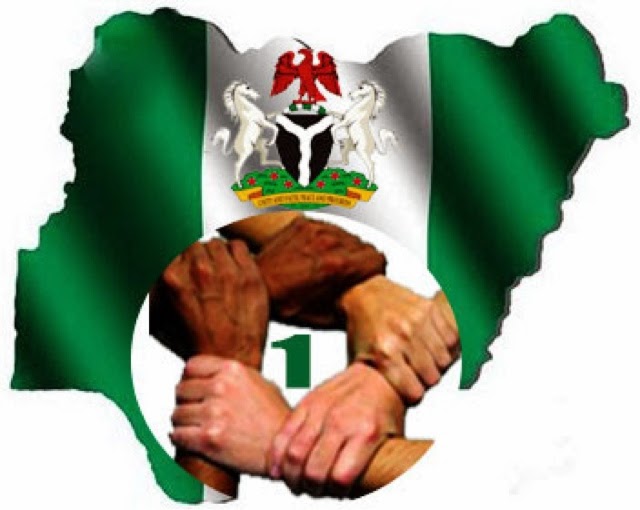
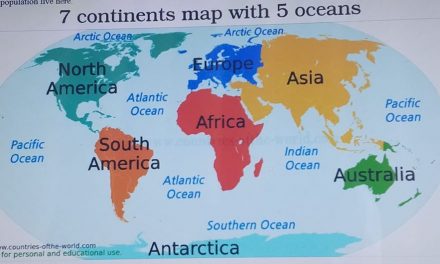
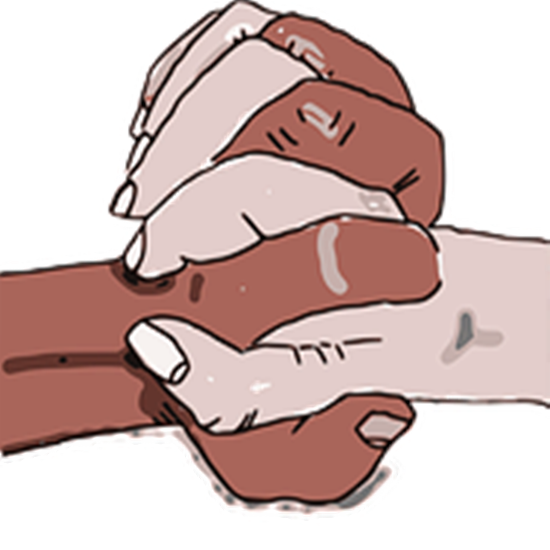
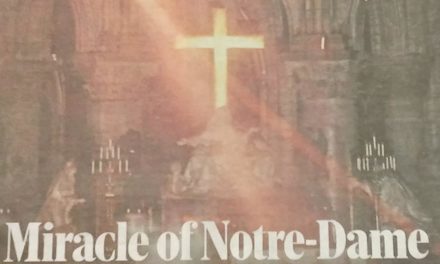
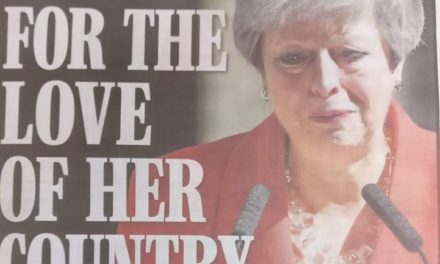





Recent Comments